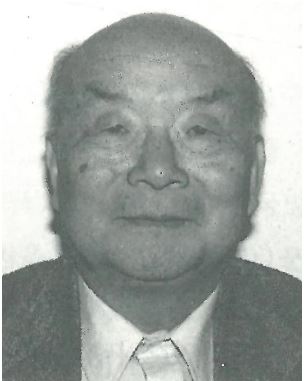Professor Choi Bong-yun was born in 1914 in Uiju, North Pyongan Province. During his student years, he organized Bible schools and retreats, actively promoting literacy and fostering national spirit. After graduating from the Chosun University of Japan, he moved to the United States in 1938.
He completed his master’s and doctoral studies in political science at UC Berkeley and earned a Ph.D. from World University. He served as an officer in the Korean Student Association in the western United States alongside his wife. At Berkeley, he taught Japanese but, due to a lack of budget for a Korean language program, he taught Korean for free and participated in establishing the Korean language program at the university.
During the Pacific War following the attack on Pearl Harbor, he worked as an interpreter for the United States, translating letters and other documents. He participated in the Korean American “Myeongho-dan” (Korean Tiger Corps) organized in Los Angeles and San Francisco, receiving military training every Saturday and Sunday at the Armory Building on Mission Street. As a student participant, he noted that about 50 people participated in Los Angeles and around 15 in San Francisco. In 1941, he joined the Korean American United Committee and was active in its efforts.
After Korea’s liberation, he served as the deputy director of the Public Information Office during the U.S. military government and participated in founding the Department of Political Science at Seoul National University, where he became the first chairperson.
He opened the first Korean restaurant, “The Korean Inn Restaurant,” in the Berkeley area, which became a well-known establishment in the Bay Area. Many gatherings, including film festivals, were held there. To this day, he has intentionally not obtained U.S. citizenship. He authored several books on immigration, such as “Koreans in America,” to inform future generations about the realities of immigration. In recognition of his contributions, he was posthumously awarded the Order of National Foundation in 1995.

Leave a Reply